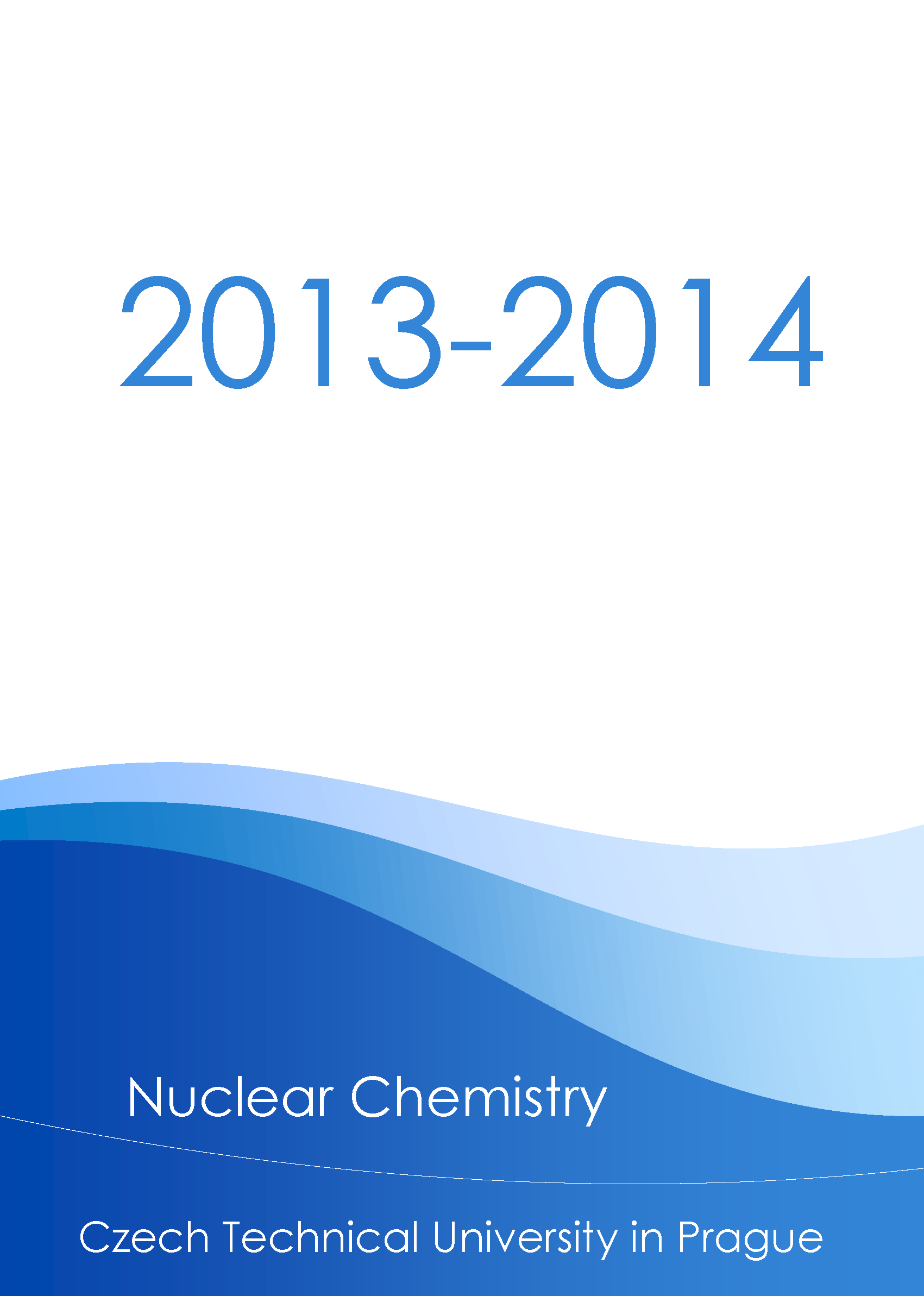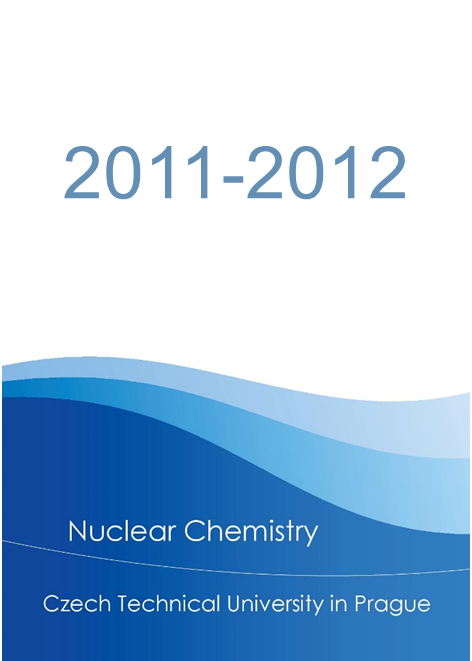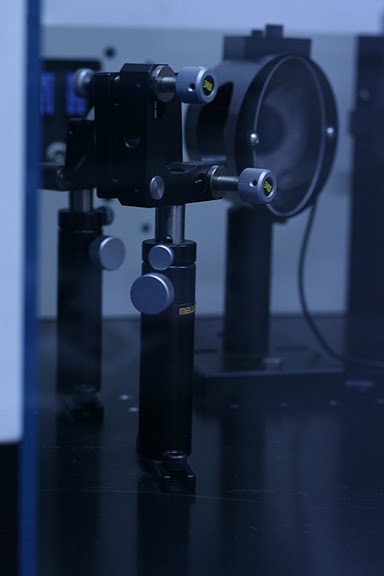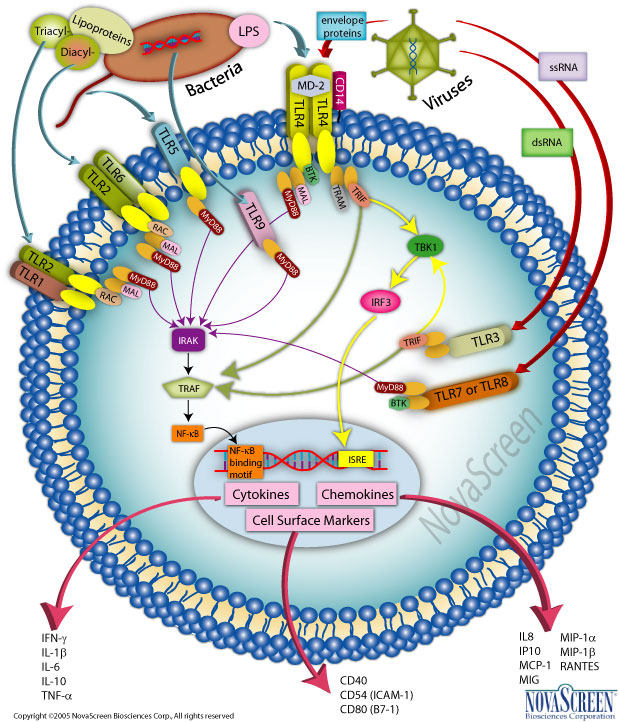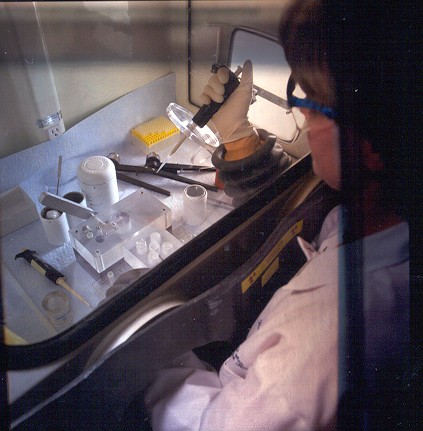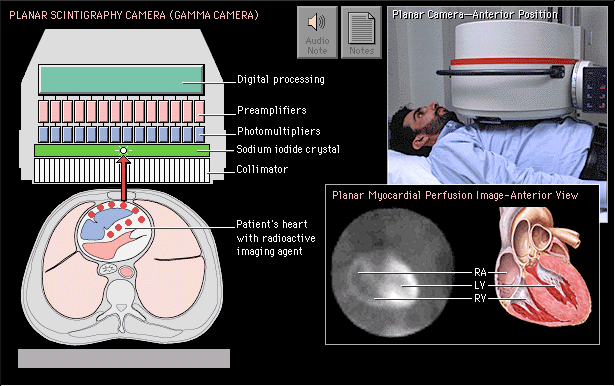Specialisation in Nuclear Chemistry in Biology and Medicine
Graduates of this degree specialization will find employment in scientific and research institutes and medical institutions engaged in research into and the applications of radiation-chemical and radiochemical techniques related to this area. The specialisation is studied as a three-year master's program in the fields of nuclear and chemical engineering with a particular focus on three primary areas.
Radioimunology
Immunochemistry
The lectures deal with the history of present developments in immunochemistry and molecular immunology. Considerable attention is paid to the most important molecules of the immune system (antibodies, HLA antigens, T-cell receptor, complement, adhesion molecules), and technical aspects of experimental immunological techniques, the details of immuno-analytical determination and the orchestration required.
Immunopathology
The course discusses in detail fundamentals relating to natural functions and the regulation of specific immunity, focusing on the mucosal immune response, mechanisms of auto immunity, anti-infectious immunity, hypersensitivity reactions and molecular mechanisms of primary immunodeficiency. It will also provide a foundation in immunology at the cellular level. The course does not, however, enter into details of the human diseases characterized by impaired immune function. Practical exercises demonstrate the immunological laboratory methods used in clinical practice.
Radiopharmaceuticals
This lecture introduces students to some of the fundamental issues relating to the application of nuclear chemistry in medicine and radiopharmaceuticals on their journey from development in a laboratory to their final destination; the patient.
The first part of the lecture is devoted to issues regarding choice of the radionuclide, its preparation, separation and chemical labelling. Its goal is to teach students both theoretical and in practical techniques in addition to practical radiopharmaceutical preparation, control and use.
The second part gives an overview of imaging techniques used in diagnosis, where radiopharmaceuticals are widely used because they allow us to determine, observe and evaluate the status of individual organs non-invasively.
Students will, moreover, gain further knowledge of the biological effects of radiation and their significance for therapy and also learn about the basics of pharmacology. Lastly, they will become familiar with the applications of radiopharmaceuticals in different areas of medicine. The whole subject gives a comprehensive view of the use of radiopharmaceuticals in nuclear medicine from the perspective of chemistry.
Radiation methods in biology and medicine
This introductory lecture focuses on the sources of ionizing radiation (IR) and how IR normally interacts with matter. Attention is paid to the influence of ionizing radiation on biologically important structures, the use of IR bactericidal effects in bio-medical applications and the use of IR for the preparation of polymeric materials used in medical practice. The lecture also touches on radiodiagnostic and radiotherapeutic techniques, dosimetry and safety when working with IR.


